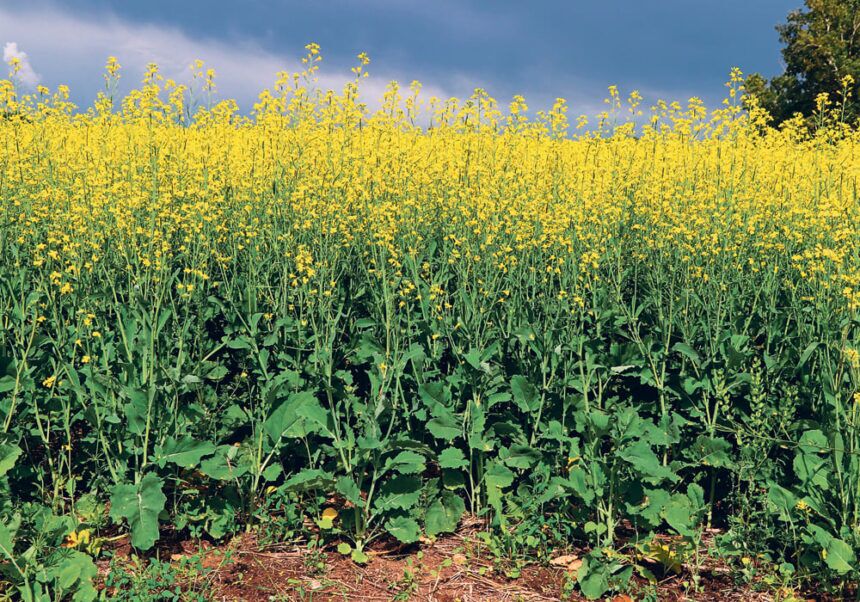Neste and Bayer have signed a memorandum of understanding to create a winter canola agriculture ecosystem in the United States. This partnership aims to identify collaborators and build a robust value chain to scale winter canola production as a raw material for renewable products.
Neste focuses on utilizing waste and residue raw materials while also exploring renewable resources, including innovative vegetable oils from regenerative agricultural practices. These practices are intended to improve soil health, promote biodiversity, reduce emissions, and enhance farm productivity.
The collaboration includes various global projects and field trials to assess sustainability benefits and identify scalable agricultural concepts that can diversify Neste’s raw materials offerings.
Artturi Mikkola, Senior Vice President of Feedstock Sourcing & Trading at Neste, noted that winter canola can function as an effective rotational crop, offering the potential for lower carbon intensity and increased income opportunities for farmers.
Frank Terhorst, Head of Strategy & Sustainability for Bayer’s Crop Science Division, highlighted the critical role of renewable fuels in agricultural decarbonization. He stated Bayer’s commitment to supporting farmers in supplying low-carbon feedstocks through investments in crops like winter canola and advancements in sustainable agricultural systems.
By integrating winter canola into regenerative agriculture, the partnership aims to enhance soil health and sequester carbon. The raw materials produced can be used for renewable fuels, such as sustainable aviation fuel and renewable diesel, significantly reducing greenhouse gas emissions compared to fossil fuels.



